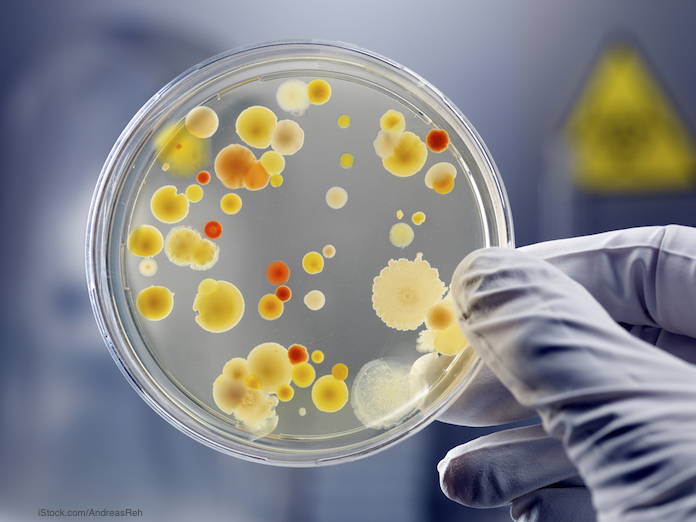The E. coli outbreak in New Jersey has been updated by the New Jersey Department of Health. Eight people living in four counties in that state have been diagnosed with E. coli infections. Those counties are Hunterdon (4 patients), Warren (1 patient), Middlesex (1 patient) and Somerset (2 patients.)

There is a “possible association with a chain restaurant” according to the outbreak notice. But the notice also states that “the association may be broader than a single chain restaurant.”
Lab tests are underway, and public health officials are waiting to see if the strain of E. coli bacteria in the eight patents in this E. coli outbreak match. The Centers for Disease Control and Prevention (CDC) will then conduct confirmatory tests.
All eight patients have been hospitalized in this outbreak. Five have been released from the hospital. We don’t know if anyone developed hemolytic uremic syndrome (HUS), a type of kidney failure, that is a complication that sometimes develops after this infection. We also don’t know the ages of the patients, or the illness onset dates.

Attorney Fred Pritzker said, “Most people with E. coli infections realize they should see a doctor because the symptoms are so severe. Don’t hesitate to call your doctor if you have been ill.” Contact him at 1-888-377-8900 or 612-338-0202.
If you live in New Jersey and you have been experiencing the symptoms of an E coli infection, see your doctor. Those symptoms commonly include diarrhea that is bloody, severe abdominal cramps, and nausea. There isn’t usually a fever with an E. coli infection, and not much vomiting. However, the notice from NJDOH stated, “if [diarrhea] is accompanied by high fever, blood in the stool, or so much vomiting that they cannot keep liquids down and they pass very little urine,” that person should see a doctor.
About 5 to 10% of E. coli patients develop HUS. Those symptoms appear about a week after the illness begins. Symptoms of HUS include decreased urination, lethargy, and losing pink color in the cheeks and inside the lower eyelids. This complication is life-threatening, so anyone experiencing those symptoms should see a doctor immediately. Information from your case could solve this E. coli outbreak.
Solving a foodborne outbreak is difficult, especially for E. coli infections, since the illness doesn’t begin until days after exposure. Patients could have eaten at different restaurants, at home, or may have eaten food purchased from a supermarket. Interviews with patients to get food history data can help solve outbreaks.
New Jersey officials are working with the FDA office and investigators to traceback sources of food the patients may have eaten. They are also looking at records and invoices to any restaurants that may be under investigation.
Pritzker Hageman law firm helps people sickened by food contaminated with E. coli and other pathogenic bacteria get answers, compensation and justice. We protect our client’s legal rights through litigation and lawsuits. Our lawyers represent clients and families of children in personal injury and wrongful death lawsuits against restaurants, grocery stores, food producers, shippers, dairies, retailers, and schools. Attorney Fred Pritzker recently won $7.5 million for young client whose kidneys failed after he developed hemolytic uremic syndrome because of an E. coli infection.




